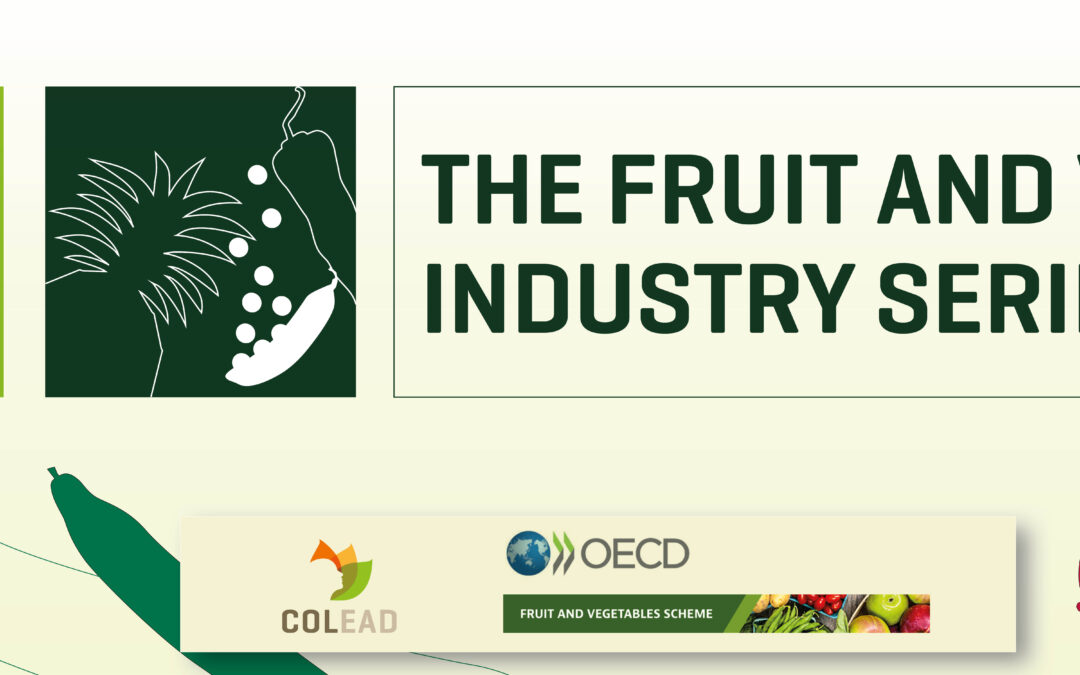The rise of convenience: How ready-to-eat foods are reshaping the Fruit and Vegetable sector


The ‘triple burden’ of malnutrition – undernutrition (underweight, stunting and wasting), overweight and obesity, and micronutrient deficiencies – is especially serious in developing countries. Even if some achievements have been made, especially in addressing childhood malnutrition, the progress in fighting malnutrition in all its forms is happening too slowly to achieve SDG n°2 by 2030.
Diets adopted have direct consequences for public health, sustainable development, and climate change. Current food consumption patterns also impose high health and environmental costs, which are not reflected in food prices. Adopting a more plant-based dietary pattern would not only reduce the cost of diets but also lower the health and environmental costs (FAO 2021). Therefore, considering shifts in the way we produce, process, and consume food and the impact it has on our environment are urgent.
While food production must keep pace with increasing demand, equitable food access and adequate food utilization must be ensured, as there are significant inequalities in nutrition outcomes within countries and populations (IFPRI 2020). Across all income groups, healthy and nutrient-adequate diets are three to over five times considerably more expensive than energy-sufficient diets.
Nearly three-quarters of the African population cannot afford a “healthy” diet, and more than half cannot afford a “nutrient-adequate” diet. Even the “energy-sufficient” diet is out of reach for 11.3 percent of the continent’s population (FAO 2021). In the Caribbean countries, this figure is higher, with 52 percent of the Caribbean population who cannot afford a healthy diet (FAO, 2023). In the Pacific countries, 70 percent of people cannot afford a healthy diet (FAO, 2023).
Nutritious foods, such as fruit, vegetables, and animal proteins, are relatively expensive when compared to staples such as cereals and starchy roots. Inequality in incomes and other means of subsistence explain large differences in access to diversified and nutritious food, and poorer households have little access to food storage, cooking equipment, clean water, and services, such as health care and basic nutrition education.
Making nutritious and safe foods available, accessible, affordable, and desirable for improved nutrition requires action from all stakeholders in the food system, including producers, processors, retailers, and consumers, in both private and public institutions. Local micro, small, and medium-sized enterprises (MSMEs) and businesses have a key role to play as they provide most of the food consumed. They play a key role in the supply chain in domestic markets, generate jobs and income, especially among youth, are closely linked to producers and rural areas, know the food preferences of their clients, and are rapid adopters of technologies and innovations. SMEs and businesses also serve institutional markets, such as government feeding programs and humanitarian agencies.
Join our Forum to discuss and explore how to encourage innovations across agricultural value chains to transform food systems in African, Caribbean and Pacific countries and beyond, promote sustainable agriculture & leverage investments. Share insights, ask questions, and collaborate on innovative solutions for a greener future.

The rise of convenience: How ready-to-eat foods are reshaping the Fruit and Vegetable sector

SURIVIT N.V. is a social enteprise, processing cassava and...

Handmade by Jeanette is a lifestyle brand that produces innovative products made with fresh,...
Stawi Foods supports its local supplier farmers to access the market and produce food sustainably while providing access to affordable nutritious food to low-income Kenyan families.
Goshen Farm, a top Kenyan agribusiness since 2010, collaborates with over 4,000 smallholder farmers.
Les Céréales de Tatam processes grains produced in Mali (fonio, mil, rice, sorghum and maize) into high-quality nutrient-rich products for the local, regional and export markets. The company is...
Food and Nutrition Security: the contribution of MSMEs and businesses